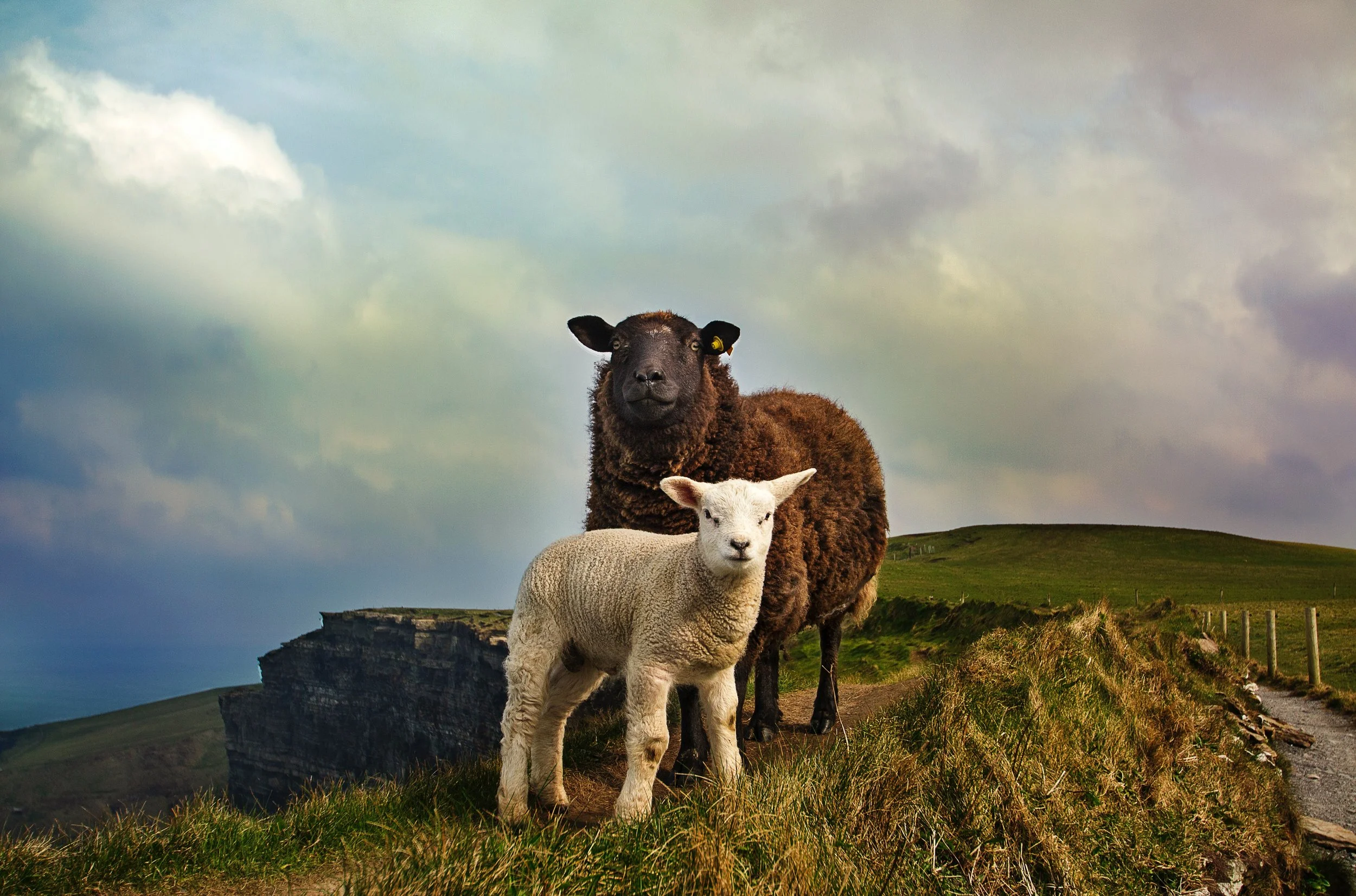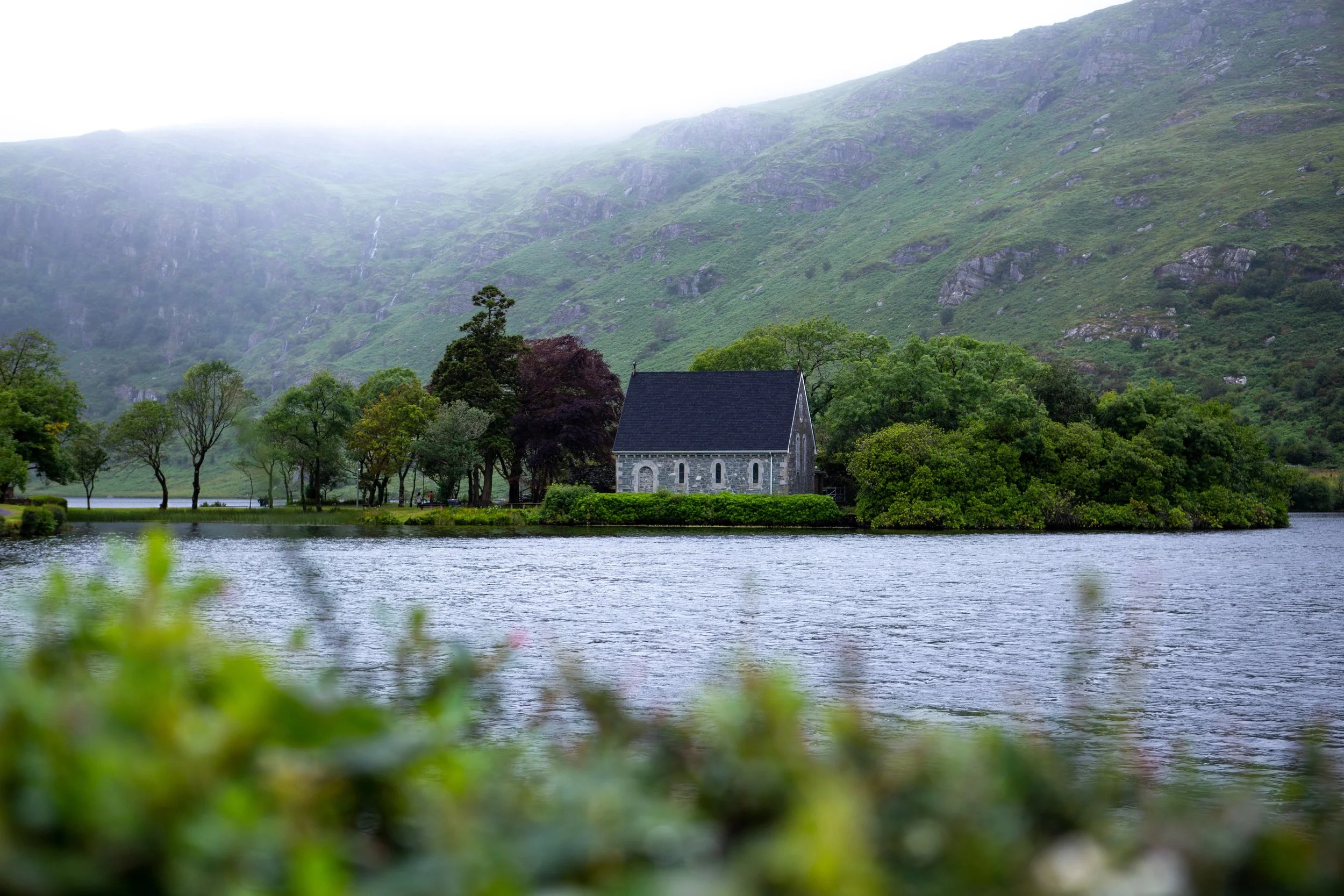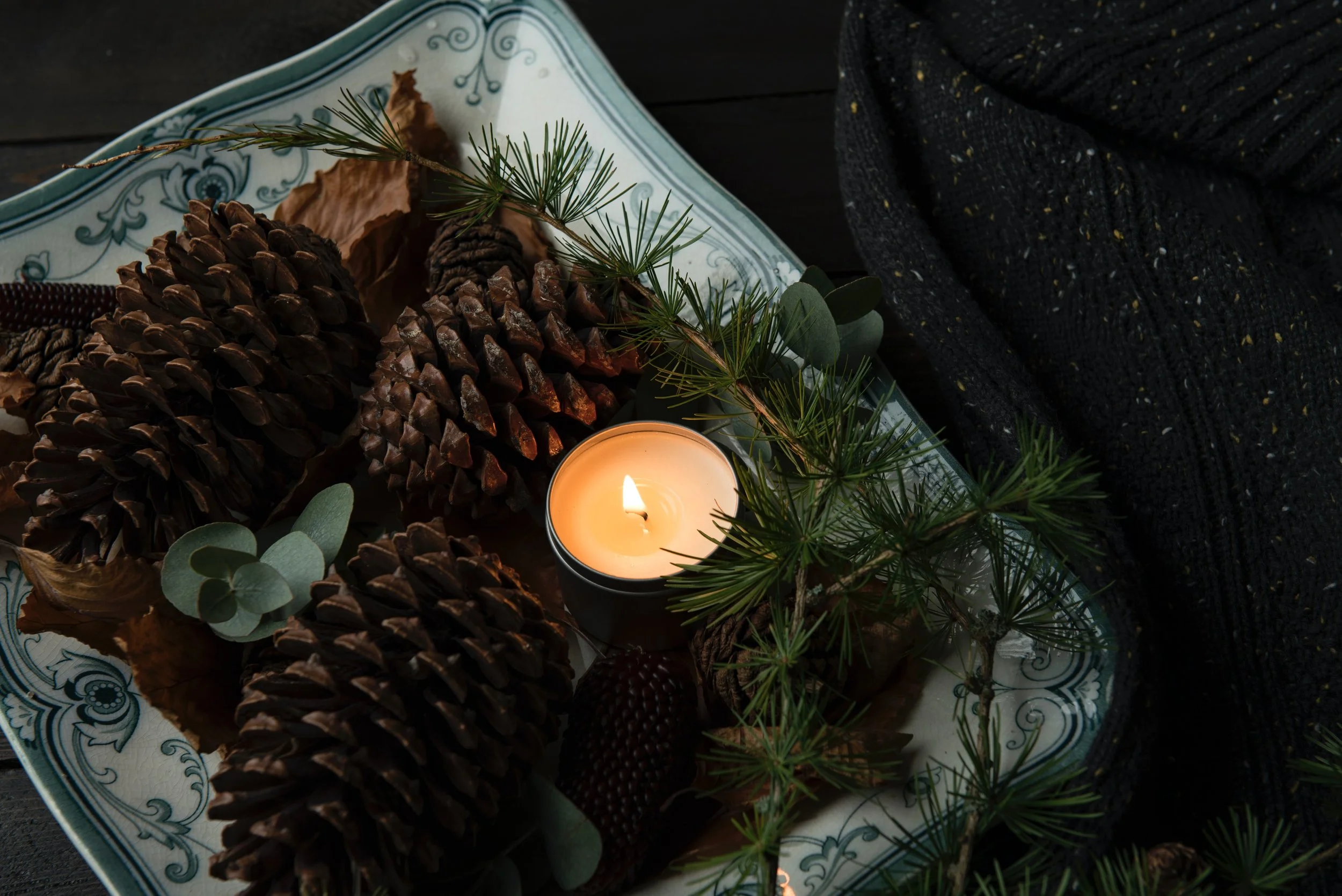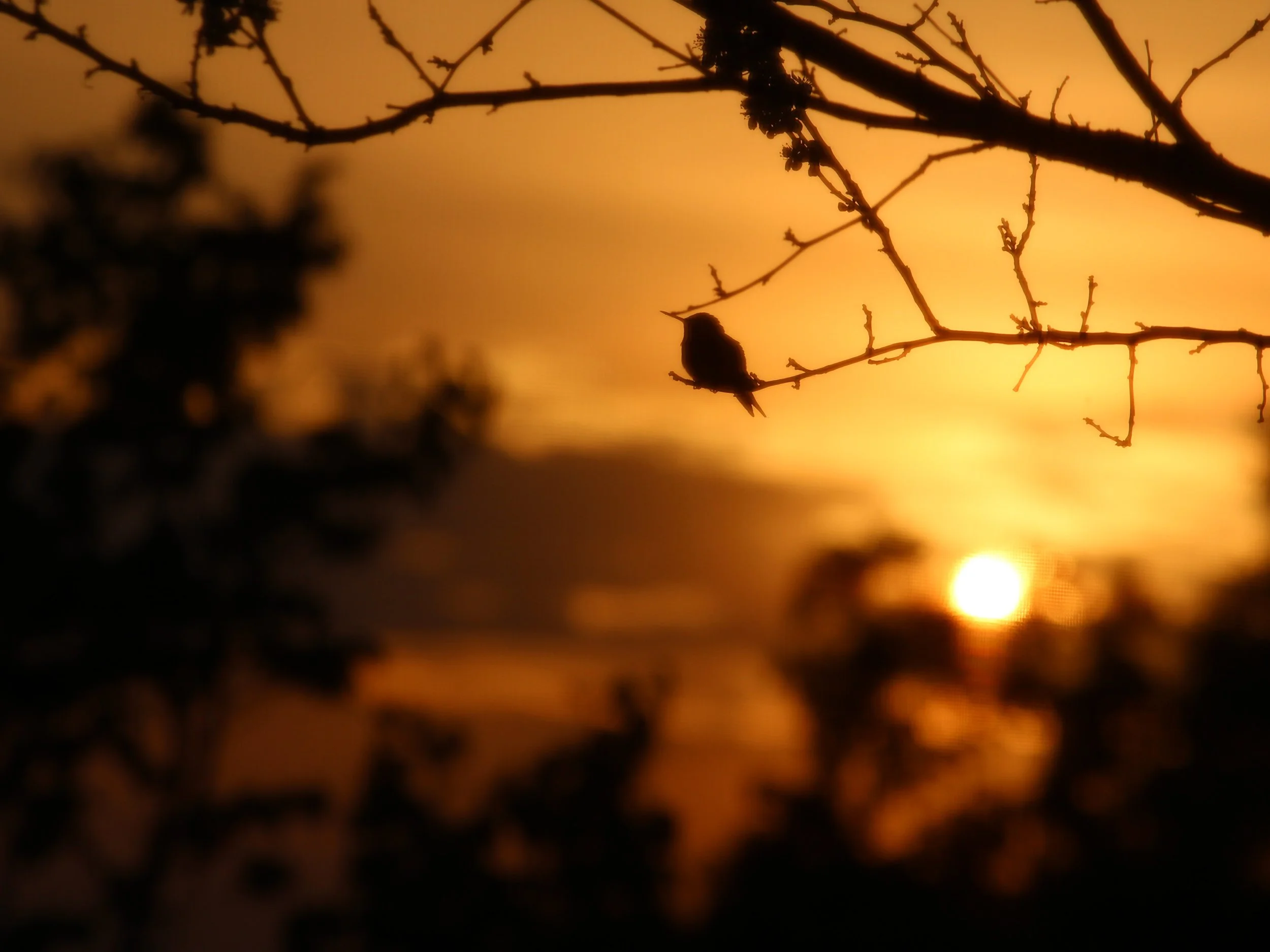The Heart Opening
Giving Thanks for Life’s Blessings
I was thinking recently about Gratitude and what it means as an emotion in our lives. Thanksgiving is a National Holiday in the United States this week. It is a holiday where people gather together, often with family and friends, to give thanks and express gratitude, marking the blessings in their lives.
Gratitude is such a beautiful emotion when we connect to it. When we make space for it in our lives, it has such an interesting impact upon us, and those around us.
“Give thanks for unknown blessings already on their way.”
Gratitude and the Felt Sense in our Bodies
When we practice gratitude, it has a physical impact on the body. Researchers discovered it reduces feelings of stress and anxiety in the body, and our blood vessels expand, reducing blood pressure, and in turn, protecting the heart. (1)
Gratitude brings a sense of pleasure into our bodies. It is because it releases oxytocin, which is a hormone that cultivates and supports bonding and connection. (2) We are social beings so our biology needs connection. This physically feels like a glowing expansion around the heart (3). It feels like the heart itself is opening. That ‘heart-opening’ feeling is what helps us feel compassion for ourselves and for others too. A flood of loving feelings that enriches us and those around us.
It is a beautiful emotion too because when we feel that abundance, we, in turn, want to embrace life more and more. We desire to increase that feeling of contentment, fullness and abundance.
It is an invitation to embrace life more aligned with our heart and soul selves. We desire to nourish our bodies with healthy food and our souls with beauty. We desire more immersion in nature and fresh air, we want to move our bodies, and we desire to engage in a creative expression of self, whatever that expression is. It feels abundant. It feels life-affirming.
Healing the Wounds of the Past
Gratitude is a word derived from gratia, meaning gratefulness or ‘goodwill’. To be grateful means to have a thankful appreciation for the tangible and intangible aspects of our lives.
When we start to heal the wounds of our past and come out of survival mode, we find ourselves less hypervigilant, less watchful, more in our bodies, and we have a more separate sense of ourselves.
What this means is that we are not trying to monitor or mind-read others, their thoughts and moods, to see if we can fix and manage them. We come to understand more and more when we come out of survival mode that we are not responsible for the moods of other people. The feelings of others belong to them. Out of survival mode, we can finally come to feel at ease in the body. We start to feel safe. We can finally come to feel the joy of being our own separate selves.
People express astonishment and wonder at life when they begin to come out of survival mode. To feel a connection to your body, to actually feel the ground at your feet, the chair at your back, is a coming out of survival (hypervigilance) mode. When we give permission to ourselves to really let it in, to make space for ease, life, flow, allowing, resting, to let it into our bodies, life has a new meaning. Life, all of a sudden, feels truly possible. It is life-affirming.
When we practice gratitude with intention, we see more beauty in everyday life. We see beauty in the world around us. It grows and grows. When we start with intention, really appreciating in our bodies these moments of presence, we are making a home out of the house we existed in. We are creating a genuine, warm shelter and deep home of love for ourselves in our lives.
To feel the expansion that comes from appreciating the good things, to let in the feeling of being proud of small achievements, to appreciate the day-to-day moments. In this way, we meet the world from a place of abundance rather than a place of lacking. It unlocks life. It is life-giving. That turning to the world deepens and enriches our experiences of life.
Gratitude For This Moment
Epicurus was an ancient Greek Philosopher who lived between 341 and 270 BC. He once said:
“Do not spoil what you have by desiring what you have not: remember that what you now have was once among the thing you only hoped for.”
I remember the first time I ever read that. It landed with me. I felt it in my body and the expansion of it in my body when I let it in! I felt the abundance and possibility of it.
It is one thing to come out of survival mode. It is quite another to permit ourselves to feel contentment. To receive it. To let it in. To allow for ourselves to let beauty and love into our lives. Our nervous systems are often just not used to it at first.
As you are reading this, the invitation here for you is to pause, breathe, and notice what sensations you are feeling in your body. Let your shoulders drop down. Breathe into any tension you might be holding in your body. Let your tummy rise and fall as you breathe in and out. Quietly in your mind, thank that breath and your body for this moment of ease.
It is not to negate or not acknowledge and feel the place of other emotions like sadness, loss, grief, anger, our human suffering. It is to notice that we can hold both inside. We can hold sorrow and grief in one hand and gratitude and love of life in another and grow and be expanded by both. We can feel gratitude and still feel deep sadness, loss, and grief. We can hold an appreciation for life and friendship and still be grieving the loss of roads not taken, life not lived before now.
Buíochas - Irish Words for Gratitude
Buíochas is the Irish word for gratitude. Closely linked to that word is Aoibhneas (pronounced eevnass), which means joy and contentment, and 'áthas'(aww-hass) which means happiness.
Gratitude opens our eyes and our hearts. Sometimes, we say aoibhneas croi (pron. eeev-ness Kree) - which means “a joy deep in the heart." Aoibhneas is to fill our senses with the world around us. To come into the present moment, to allow ourselves to feel the air on our skin, to notice the sensations in our bodies, to deepen our senses, this cultivates aoibhneas in our hearts. So we need to let it in more, to open our hearts to it. To feel what it is like, to allow gratitude into our lives.
There is an old Irish proverb or saying:
“Maireann an duine ar aoibhneas croi, agus is fad saoil do an t-áthas”
(pron. mar-in on din-ah er eeev-ness kree, ah-gus iss fah-dh seel doh on thaw-hus).
It means, ‘A person survives on gladness of heart, and joy prolongs his days.’
Conclusion
Sending you all blessings for the coming week ahead, and to my American friends too, on your Thanksgiving day.
There is an Irish expression I love that we use in the Gaelic-speaking community where I grew up. In letting someone know we appreciated them, we would say:
“Go méadaí Dia thú, do stór”
(pron. - Guh..may dee, dee-ah whoo..duh store).
May God prosper you, and increase your store/ your life’s blessings.
Gra agus beannacht,
Eileen
References:
McCraty, R., & Childre, D. (2004). The Grateful Heart: The Psychophysiology of Appreciation. In R. A. Emmons & M. E. McCullough (Eds.), The psychology of gratitude (pp. 230–255). Oxford University Press.
Allan, S (2018) The Science of Gratitude - John Templeton Foundation by the Greater Good Science Center at UC Berkeley.
Fox, G. R., Kaplan, J., Damasio, H., & Damasio, A. (2015). Neural correlates of gratitude. Frontiers in Psychology, 6, Article 1491.




